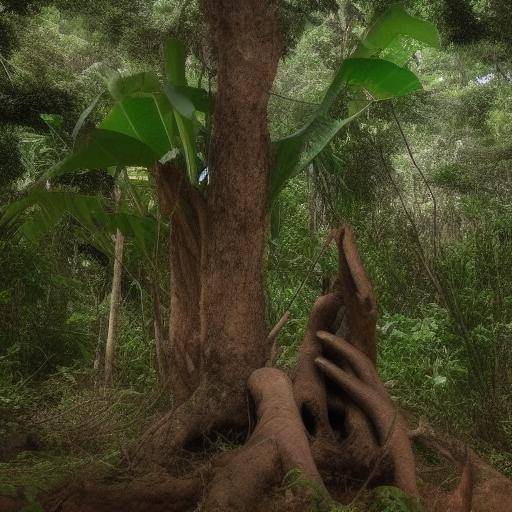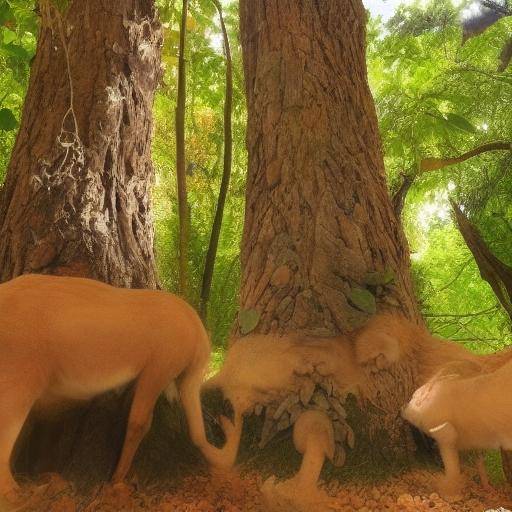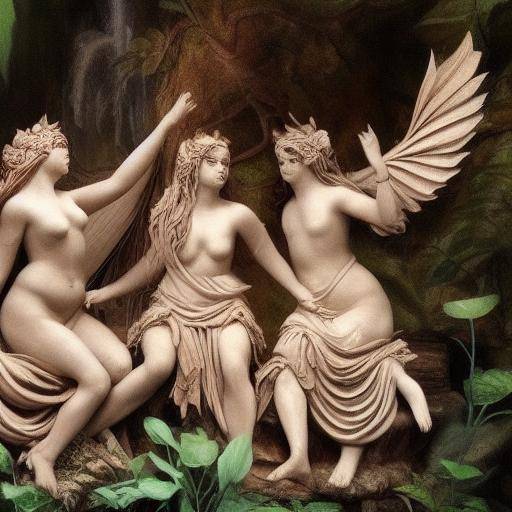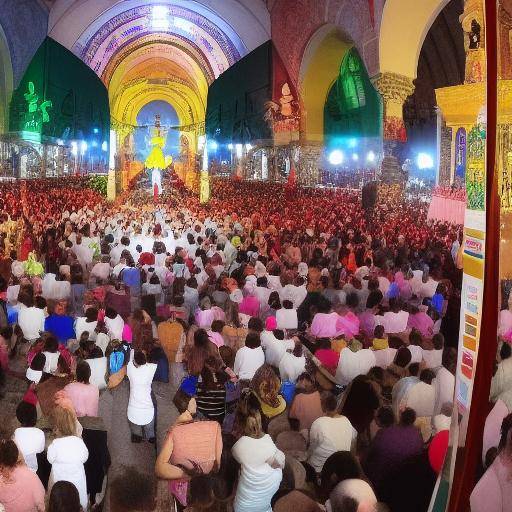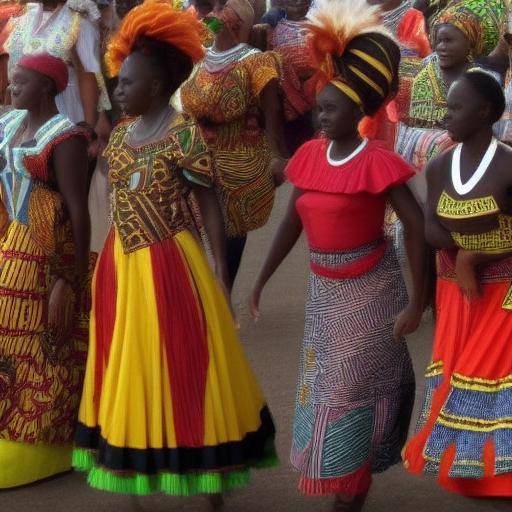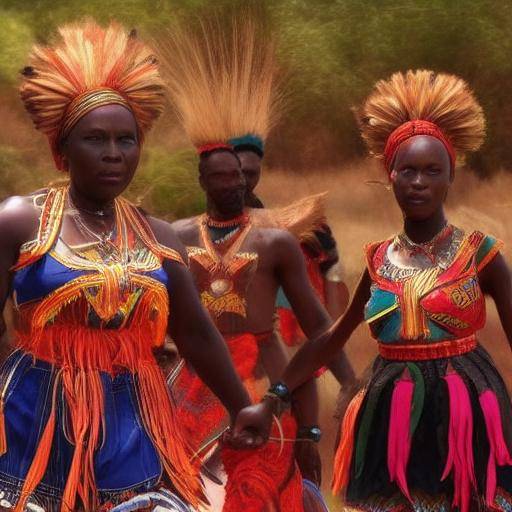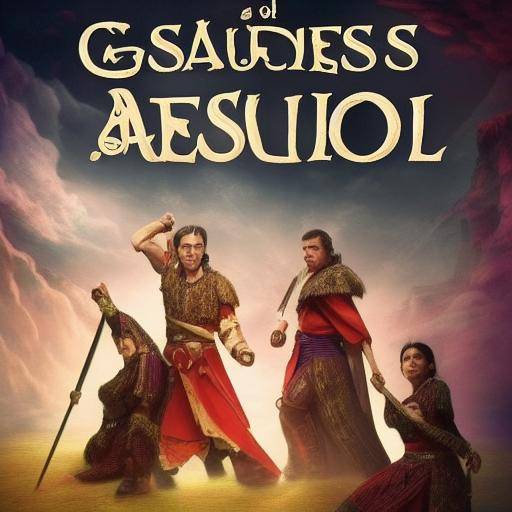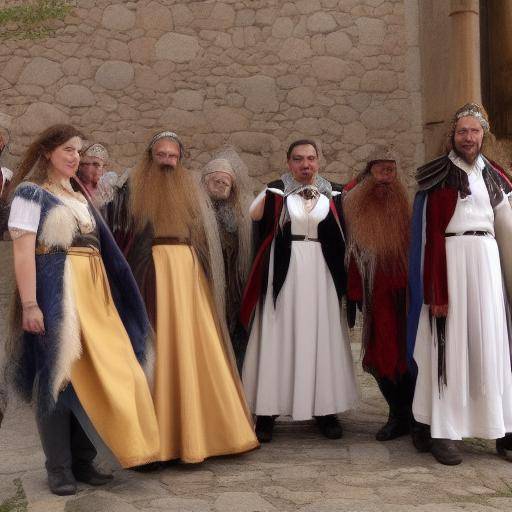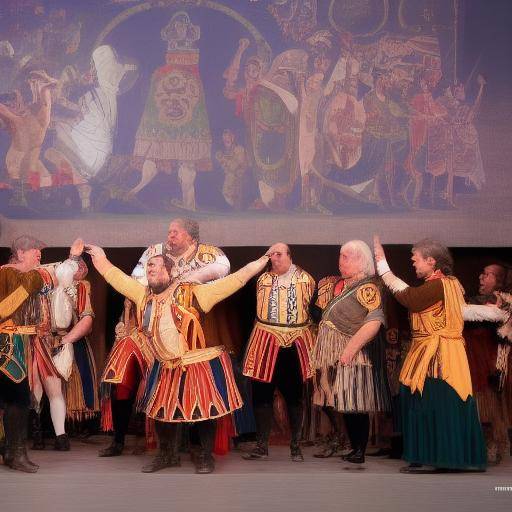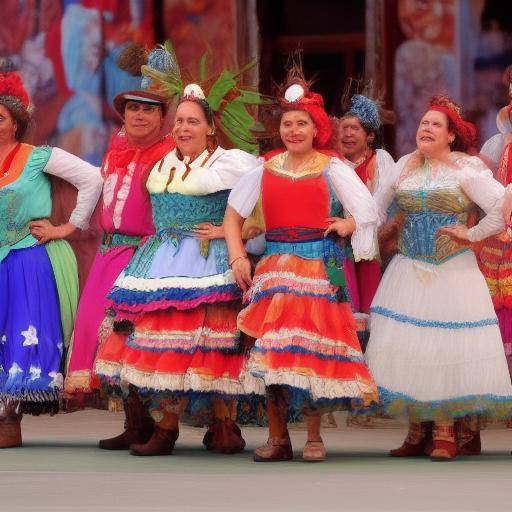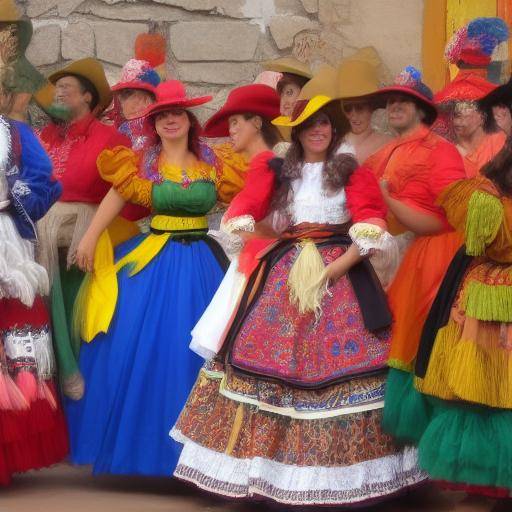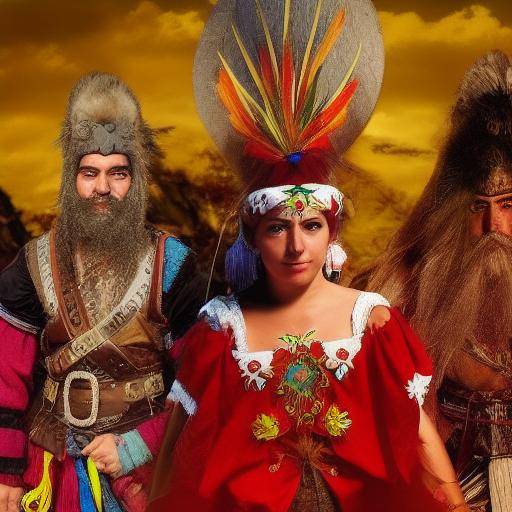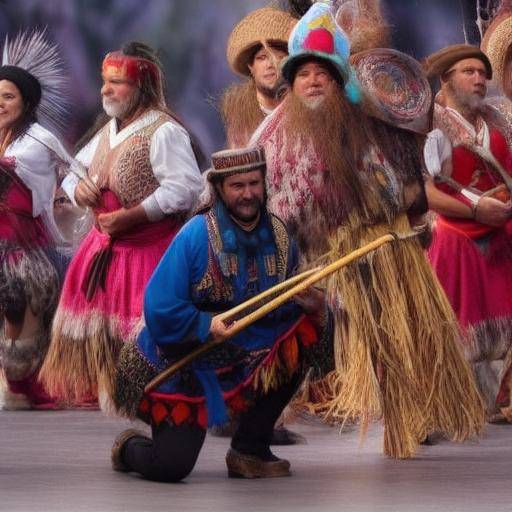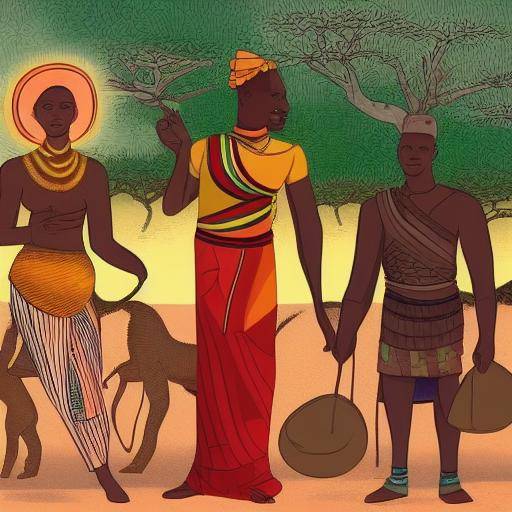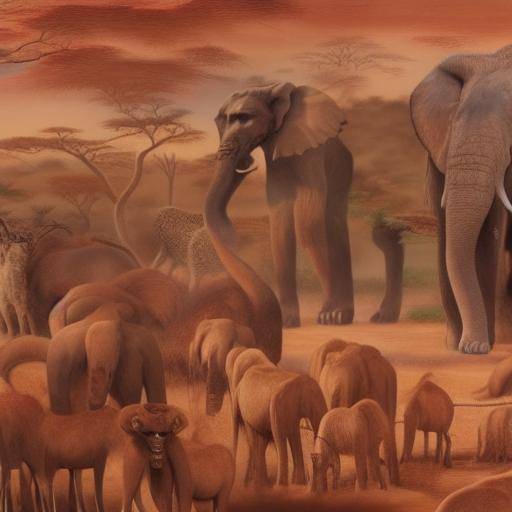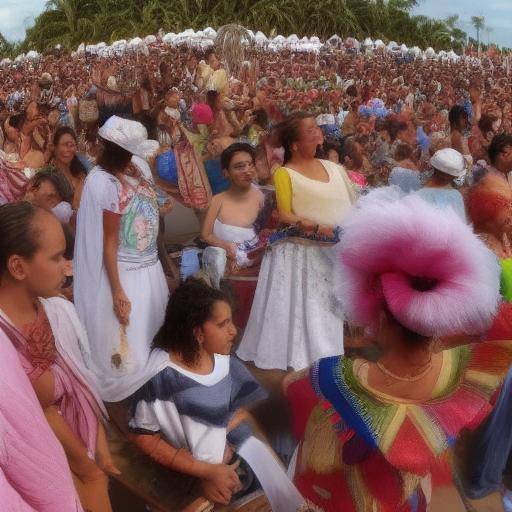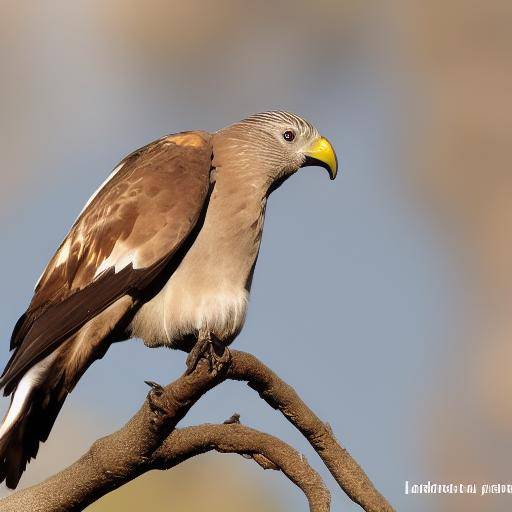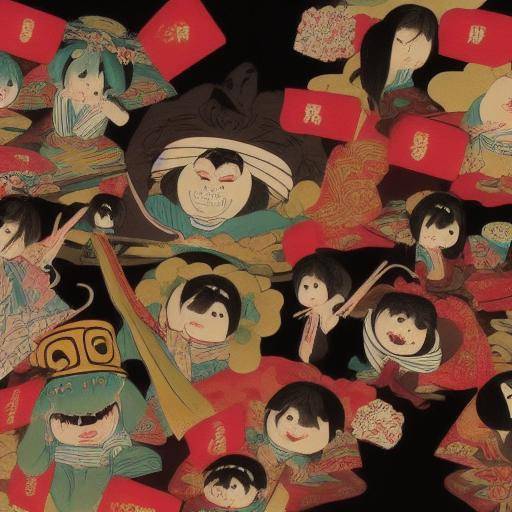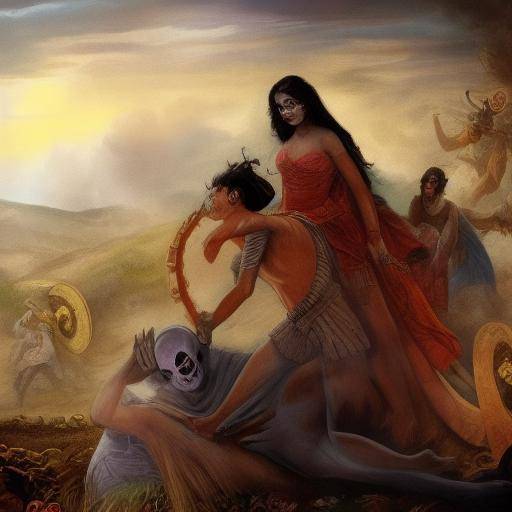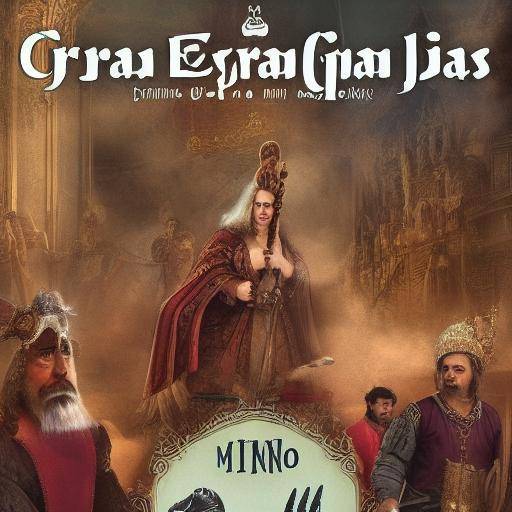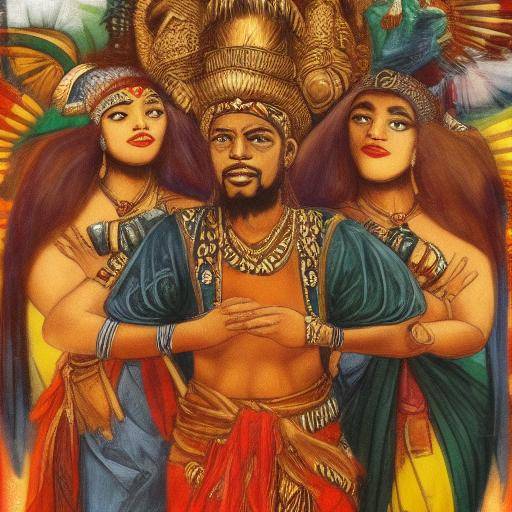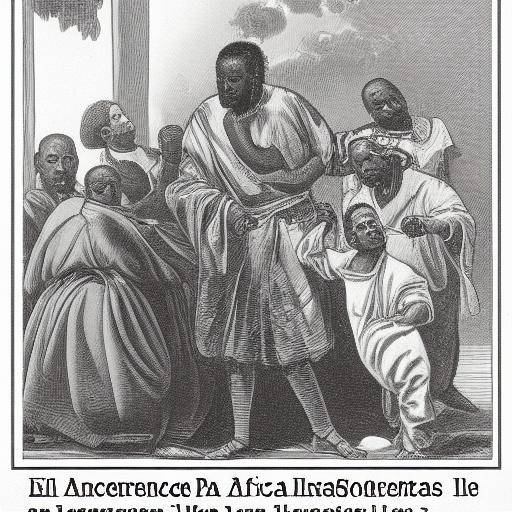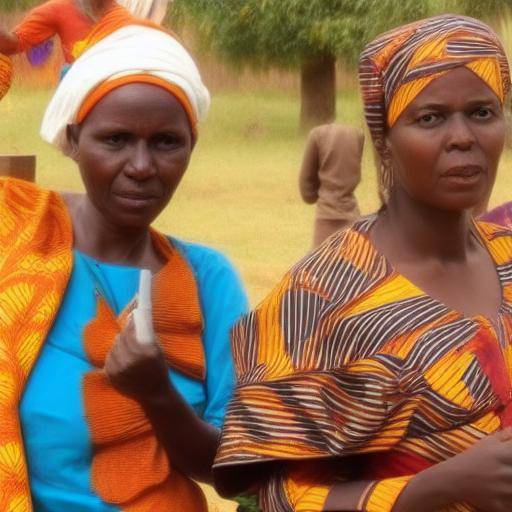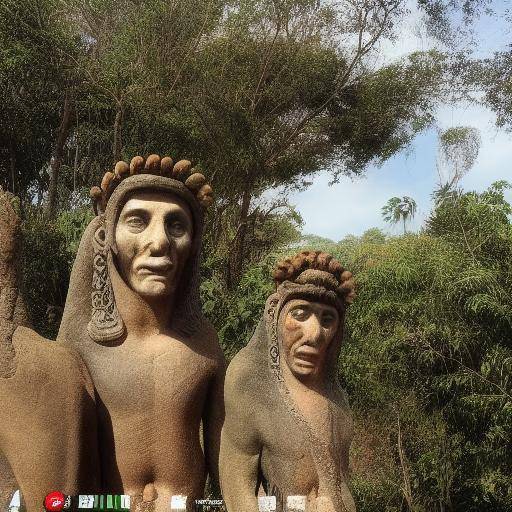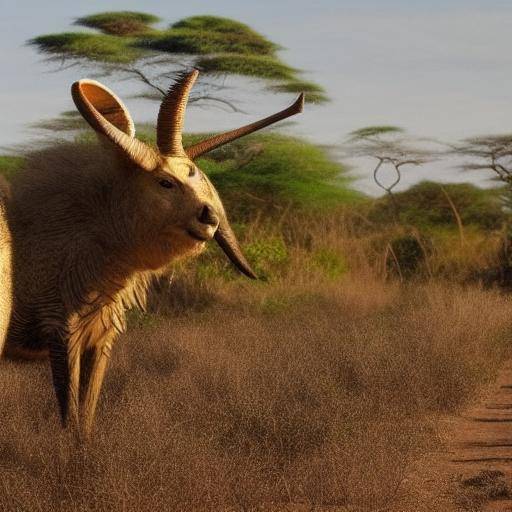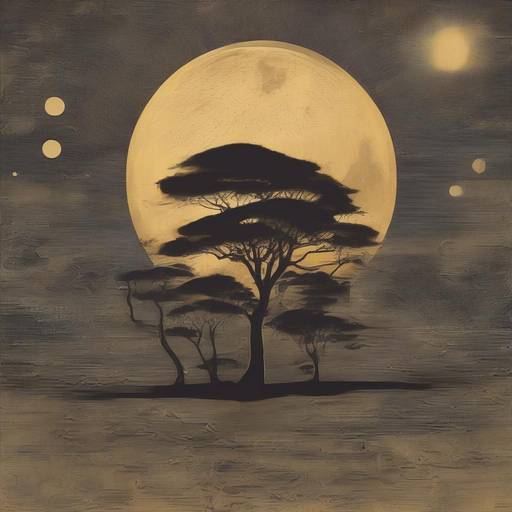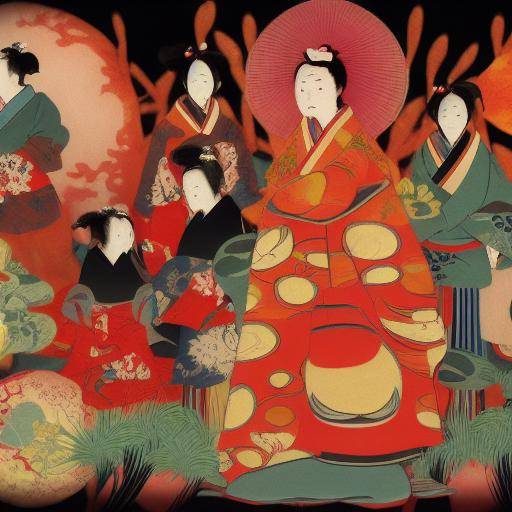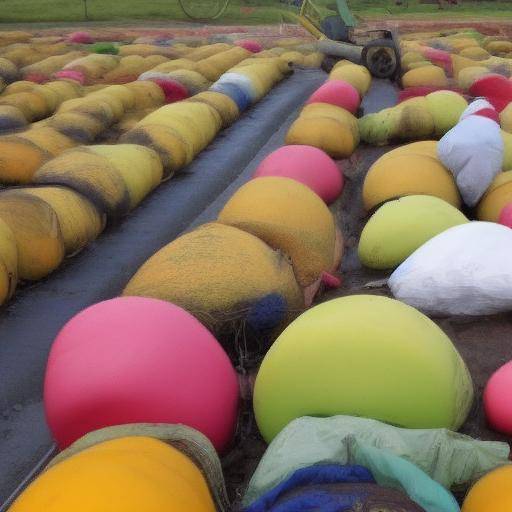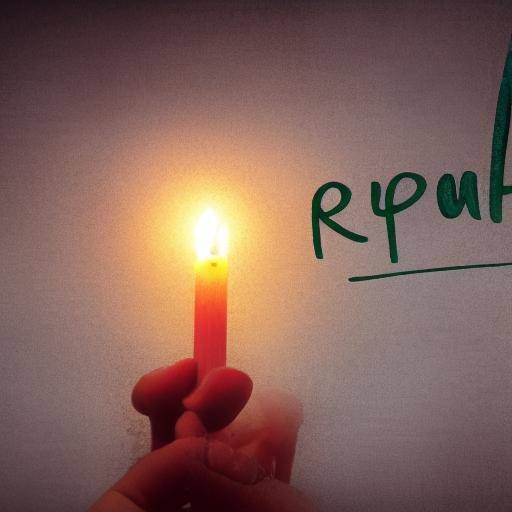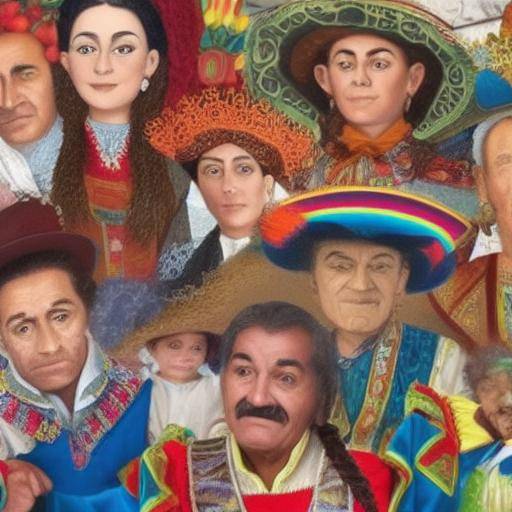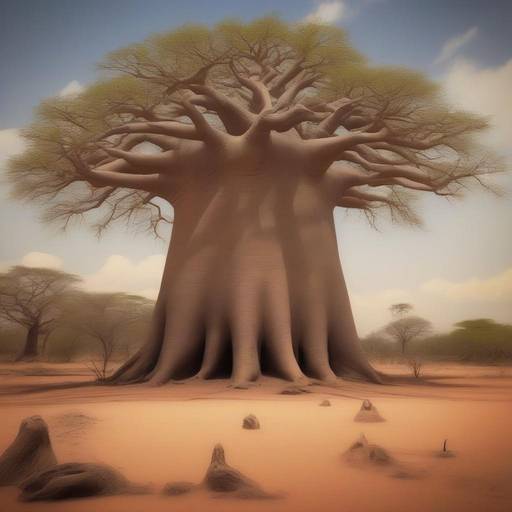
Introduction
Baobab, a majestic and mysterious tree, occupies a prominent place in African mythology, where it is attributed almost magical properties. In this article, we will explore the legacy of baobab in African mythology, its connection with the spirit and impact on African culture. You will discover fascinating legends, symbolic meanings, and the profound influence of baobab on the beliefs of the continent. Prepare to immerse yourself in the mystery and wisdom of these ancient trees.
History and Background of Baobab in African Mythology
Baobab, known as "the tree of life", has been an integral part of African mythology for centuries. Its imposing presence and longevity have sparked admiration and reverence in many African cultures. Since ancient times, baobab has been considered a symbol of resistance, vitality, and connection with ancestors. In mythology, it is attributed protective, healing, and spiritual powers. This sacred tree has led to a rich tradition of legends, rituals and ritual practices throughout Africa.
Origins and Evolution of the Baobab Mythology
The roots of the connection between Baobab and African mythology date back to the ancient civilizations of the continent. From Egypt to Zimbabwe, baobab has been venerated for its uniqueness and ability to survive in adverse environments. Stories and beliefs about baobab have transcended generations, adapting to the changing cultures and regional contexts. His presence in African landscapes has inspired epic stories, traditional musicals, and shamanic practices that have enriched the mythological mosaic of the continent.
Legends and Symbolism of Baobab
Baobab is impregnated with symbolism in African mythology. It is considered a bridge between the earthly and spiritual world, a refuge for wandering spirits and a symbol of ancestral strength. According to legends, each baobab has a protective spirit, which watches the surrounding community and gives blessings to those who respect it. Baobab symbolism is intertwined with the rituals of birth, marriage and death, representing the continuity of life and the legacy of the ancestors.
Impact on Culture and the African Society
Baobab, as a mythological symbol, has left an indelible mark on African culture and society. His presence in popular tales, ceremonial dances and initiation ceremonies highlights his importance as a catalyst for cultural identity. The influence of baobab extends to traditional medicine, vernacular architecture and visual arts, where its image and meaning continue to resonate in paintings, sculptures and tissues. Even in the African diaspora, baobab has been a cultural link that has transcended borders, connecting communities with their shared mythological heritage.
Detailed Analysis of the Spirit of Baobab
The spirit of Baobab, a central part of African mythology, represents a universe of meanings and beliefs rooted in the very essence of African culture. This essential concept transcends purely symbolic, encompassing spiritual, historical and social aspects that have shaped the beliefs and practices of African peoples over time.
Spiritual and Cosmological Connections
The spirit of Baobab is a link between the tangible world and the spiritual world, manifesting the belief in the interconnection of all living beings and the influence of ancestors in the Cotidean life. For many African communities, baobab is considered the abode of the ancestral spirits, serving as a meeting point between past and present generations.
Influence in Religious and Spiritual Practices
The veneration of Baobab and its spirit has given rise to religious rituals and spiritual practices rooted in African cosmogony. The libation ceremony, where sacred liquids are poured to the roots of baobab as an offering to the ancestors, is an example of the importance of this spiritual connection in everyday and ceremonial life. African shamans and healers resort to baobab to seek spiritual guidance and healing, relying on their power to restore the balance between body and soul.
Contemporary Perception of the Spirit of Baobab
In the modern era, the spirit of baobab remains a living force in African communities and an inspiration for artists, writers and thinkers. His presence in literature, contemporary art and music reflects the pervival of his symbolism in collective consciousness. Baobab continues to be a symbol of resistance and cultural roots, cementing its place in the African imaginary and projecting itself in a future where its spiritual roots will continue to nourish the spirit of Africa.
Comparison between Baobab, African mythology and the Spirit
The relationship between Baobab, African mythology and spirit intertwines intrinsically, forming a framework of meanings, practices and beliefs that define African worldview. This symbolic, historical and spiritual link reveals the complexity and wealth of African cultural heritage, offering a window to a deeper understanding of its values and traditions.
Similarities in the Symbolic Meanings
Baobab, African mythology and spirit share a deep symbolic connection focused on life, death and transcendence. Baobab represents strength and longevity, reflecting the resistance of the African community to adversities. In mythology, baobab is associated with creation stories and mythological figures that personify universal principles. The spirit of baobab embodies the continuity of life through the influence of ancestors in the present.
Differences in Regional Adaptations
Throughout the African continent, interpretations and practices related to baobab, mythology and spirit vary according to local regions and traditions. Each community brings distinctive nuances to the way it perceives and honors baobab, weaving a network of interconnected meanings that enrich Africa's cultural diversity. The adaptation of baobab as a spiritual and mythological symbol reflects the multiplicity of African identities and the variability of their cultural expressions.
Potential of Synergies in the African Cosmovision
The intersection between Baobab, African mythology and spirit reveals a holistic and harmonious view of the relationship between humanity, nature and transcendental. This collective integration of symbolic, spiritual and historical elements transcends superficial differences and establishes a common fabric that unites African communities in their diversity. Baobab as a unifying symbol and spirit as a link between the past and the future reflect the ability of African mythology to inspire unity and mutual understanding.
Conclusions
Baobab, African mythology and spirit form an inseparable fabric in Africa's cultural upholstery. Its symbolic, spiritual and historical interlacing represents the legacy of a rich tradition that has shaped the identity and worldview of the continent. Through this journey through the depths of African mythology, we have discovered the lasting resonance of baobab, which transcends time and space, and its influence as a spiritual symbol. The inherent vitality of this mythological heritage, rooted in the spirit of Baobab, remains a beacon of inspiration and unity for present and future generations.
FAQs
1. What is the origin of baobab myth in African mythology?
The myth of baobab has its roots in ancient African civilizations, where it was attributed magical and symbolic properties, related to creation, vitality and connection with ancestors.
2. How does the spirit of baobab manifest itself in the daily lives of African communities?
The spirit of Baobab is present in religious rituals, initiation ceremonies and spiritual practices, serving as a bridge between the earthly and spiritual world.
3. What is the importance of baobab in contemporary African culture?
Baobab remains a symbol of resistance, vitality and cultural roots in current African society, manifesting itself in artistic expressions, literary narratives and ritual practices.
4. What are the main symbols associated with baobab in African mythology?
Baobab is associated with strength, resistance, longevity, connection with ancestors and the continuity of life, symbolizing a lasting legacy and ancestral wisdom.
5. How has the perception of baobab and its spirit evolved over time?
The perception of baobab and its spirit has evolved through regional interpretations, adapting to cultural changes and maintaining its essential meaning as a spiritual protector and a symbol of life.
6. What is the lasting legacy of baobab in African society and its mythology?
Baobab has left a legacy of resilience, cultural identity and spiritual connection in African society, enriching the rich mythological tradition and projecting itself in a future where it remains an inspiring and unifying symbol.
With this immersion in the spirit of baobab in African mythology, we have explored the depths of a tradition rooted in spiritual connection, symbolic vitality and cultural continuity. Baobab, the majestic guardian of African mythology, urges us to reflect on ancestral wisdom, persistence in the adversity and strength of the human spirit.
Throughout this journey, we have unraveled the essence of baobab, African mythology and spirit, discovering the symphony of meanings and symbols that continue to resonate in the heart of Africa. In its shadow, we find not only an imposing tree, but also a living testament to the transformative power of mythology, which transcends time and space and invites us to contemplate life in its purest expression.


